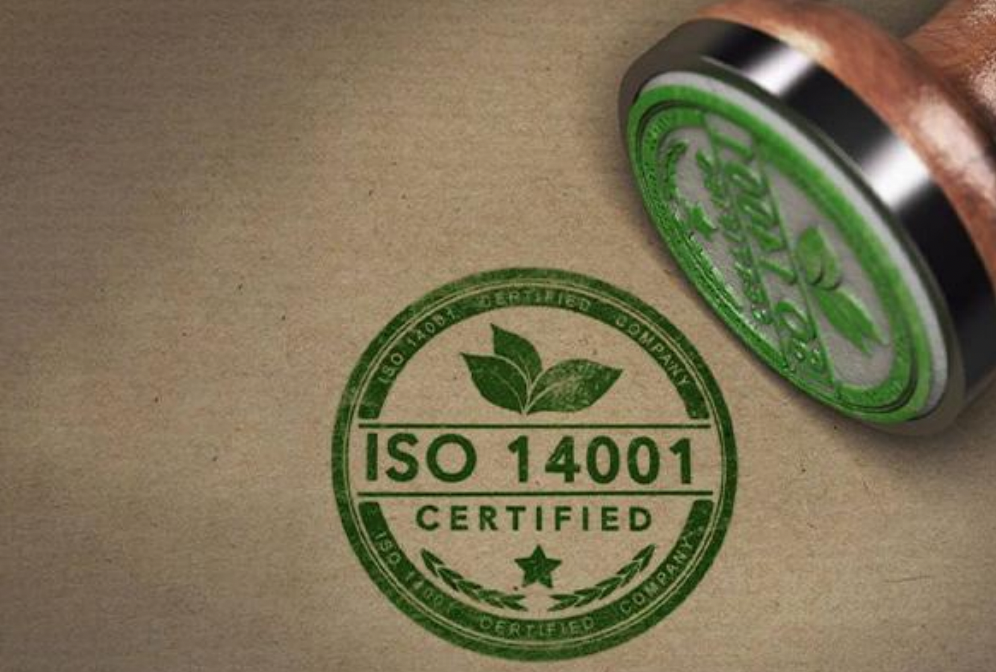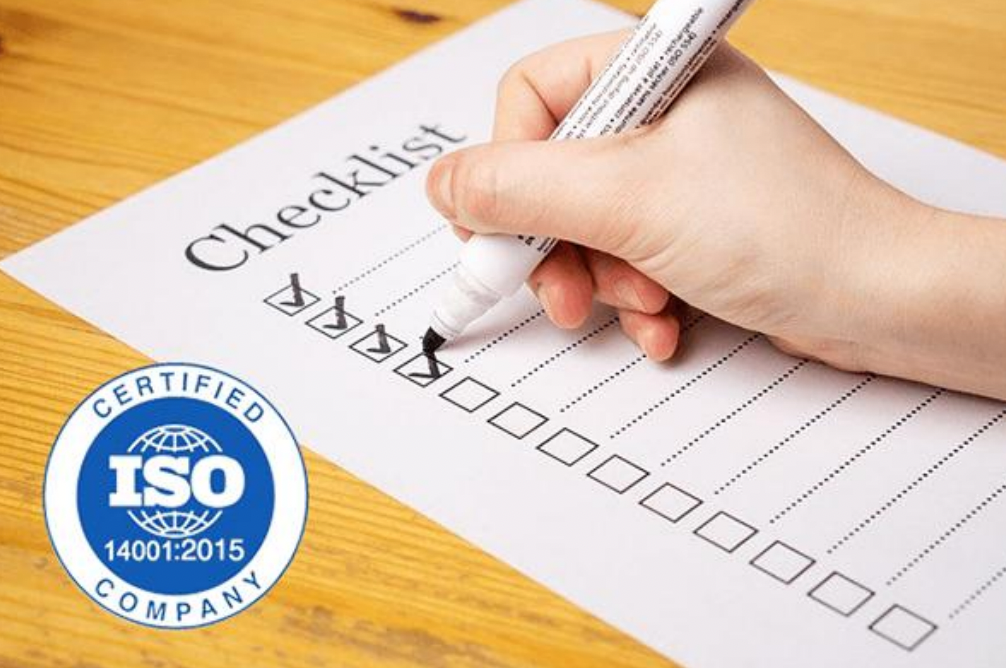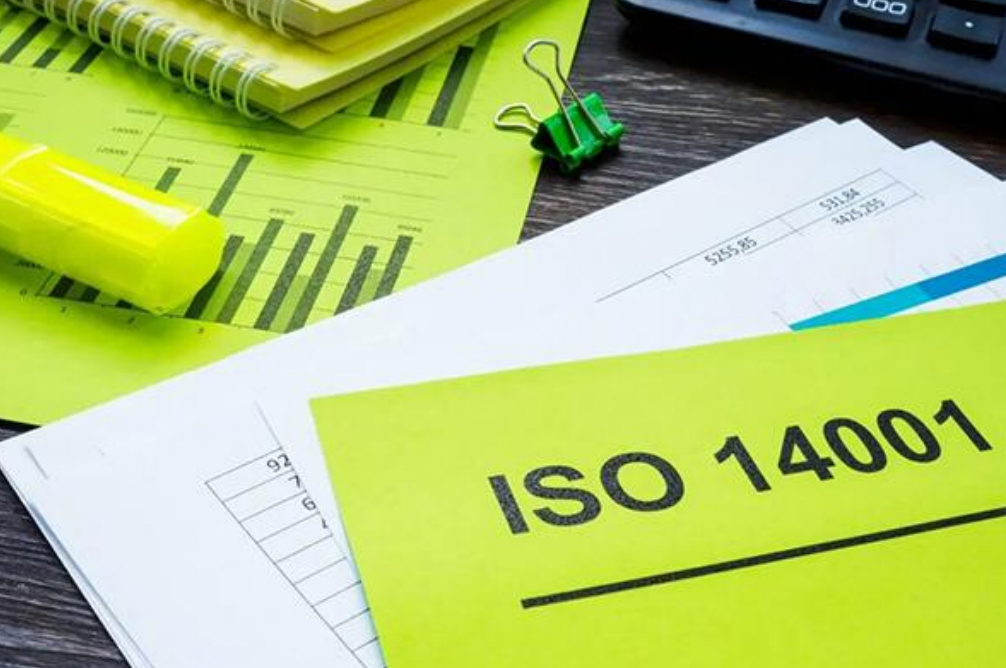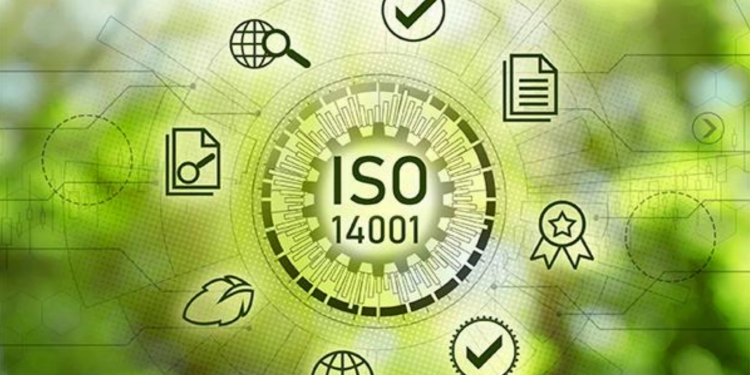The decision to implement and erect an Environmental Management System (EMS) based on the recommendations of ISO 14001 can be life-changing for you and your organisation. This is because once you make this decision, you have begun your life-long journey towards environmental conservation and preservation, restricting you from the sea of businesses that do not care about the environment.
An EMS cannot only improve your environmental performance but can also bring you growth opportunities and business expansion because, in today’s world, consumers care about organisations that care about the planet. However, in your attempt to obtain the certificate, you will have to face many challenges. Fortunately, the ISO 14001 self assessment checklist can help mitigate some of these issues. Let us discuss the importance of these checklists going on to expand on the ISO 14001 internal audit checklist and ISO 14001 environmental audit checklist.
How Can an Organisation Get ISO 14001 Certified?
To become ISO 14001 certified, organisations must identify the legal requirements related to environmental performance. Using these requirements, they must define their EMS scope, including their environmental aspects and policy. Based on these policies, an organisation must establish procedures and processes to ensure consistency, prevent any negative environmental impacts from emerging, and respond accurately to emergencies. Then, the organisation must implement these procedures and processes to prevent further environmental damage.
Based on the current situation, the organisation must perform employee training to increase awareness so that the purpose of the EMS can be cohesively incorporated across the company. Lastly, the organisation must choose a certification body to evaluate the system for its effectiveness. All that is left is to operate EMS and maintain the records so that during this certification audit, the organisation can demonstrate evidence of its compliance. Internal audit and management reviews help in the continual maintenance of the EMS and organisations can use the benefits of ISO 14001 for a long period of time.

What is an EMS Audit?
An objective comparison of the actual and expected conditions is made during an audit to determine conformance. An EMS audit helps companies confirm that the EMS policy is being implemented as needed, provides a structure to identify further deficiencies and highlights potential weaknesses that can impact environmental performance. Additionally, an EMS audit offers a convenient framework to improve employee motivation and investigate operations.
What is the Purpose of an ISO 14001 Audit?
An ISO 14001 audit expands beyond the EMS, ensuring that the organisation remains ISO 14001 compliant, verifies that the organisation is taking suitable actions to meet the standard’s requirements, addresses any issues identified by the auditor and is always finding ways to improve the implementation of the standard. Hiring an ISO 14001 consultant can be useful as they are aware of the certification requirements and obtaining procedure.
What is the Importance of the ISO 14001 Checklist?
The purpose of an ISO 14001 self assessment checklist is to ensure that the current EMS meets all the requirements of the ISO standard. Additionally, it serves as a template to record the steps of the implementation process and acts as a supporting document for both internal and external audits. The purpose of an ISO 14001 checklist is to support the organisation’s ongoing efforts towards environmental preservation and helps the organisation remain updated with the mandated guidelines.
Questionnaires are the preferred format of such checklists, as they help business owners simplify whatever processes they are auditing. Of all the checklists, the ISO 14001 internal audit checklist and ISO 14001 environmental audit checklist are the most popular.

Differences Between ISO 14001 Internal and Environmental Audit Checklist
Let us first begin by listing the similarities between the two checklists. Both these checklists aim at helping business owners record their auditing process and ensure that no critical step is overlooked during the procedure. Both these checklists are written and user-friendly, so following them is easy and uncomplicated. The difference is in the focus of these checklists, with ISO 14001 internal audit checklist is more focused on the steps of the internal audit, whereas ISO 14001 environmental audit checklist is aimed at enhancing the performance of the EMS by identifying flaws or areas of improvement.
ISO 14001 Internal Audit Checklist
The ISO 14001 internal audit checklist begins by helping business owners write about the organisation and its context, specifically recording the needs and expectations of all interested parties. Next, the checklist focuses on providing evidence of the scope of the EMS, the leadership commitment, environmental policies, and the steps taken to actualise these
deliverables.
ISO 14001 Environmental Audit Checklist
ISO 14001 environmental audit checklist focuses on environmental management, the scope of the EMS, environmental policy, environmental aspects and legal requirements. Additionally, it also provides a template for business owners to understand their environmental objectives, targets, programmes and the resources they need to improve their environmental performance. This includes understanding the roles, responsibilities, authority, competence, training, communication and documentation needs.

Get ISO 14001 Certified with Edara Systems Consultants
ISO 14001 self assessment checklists are valuable tools as they serve as record-keeping and supporting documents, helping improve and simplify the auditing process. The internal audit checklist helps review the company’s policies and procedures, whereas the environmental audit checklist helps ensure adequate resources and training have been provided.
If you need help obtaining ISO 14001, Edara Systems can help you. Professional consultants gathered at Edara Systems to help organisations apply for achieving different types of ISO certifications, such as ISO 14001. To contact Edara Systems consultants visit edarasystems.com or call +61 2 8091 5777









